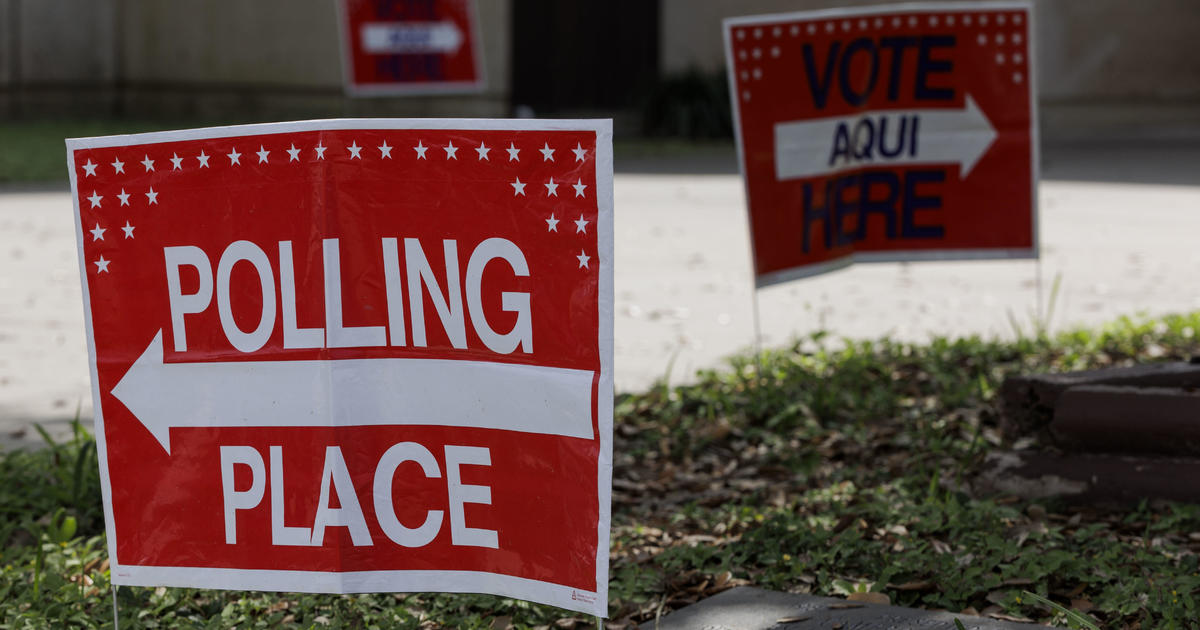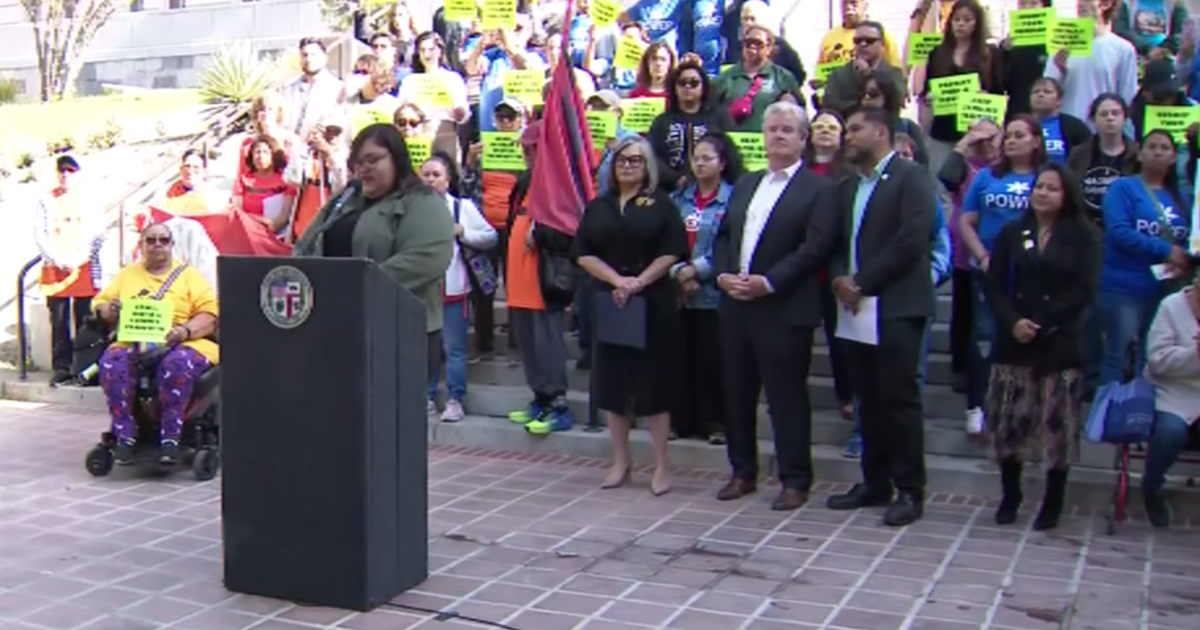How To Protect Your Estate While Living In Two States
BOSTON (CBS) - Being a snowbird like my Juncos, six months south and six months north, could be a great lifestyle in retirement but one place will need to be your legal domicile, your legal residence. Basically, where are you from?
And it's the laws of that state which will dictate your estate planning. If you have lots of money you will want to decide which state would be advantageous to die in.
The Federal exemption, the amount you can give away without incurring federal estate taxes, this year is $5,250,000. So most individuals dying between now and December need only worry about Massachusetts estate taxes.
Check the estate tax laws of the state you are considering moving to. Many states are now implementing an estate tax upon the death of their wealthy residents.
Massachusetts changed their estate laws several years ago, and for Massachusetts, the exemption is $1 million. So if your estate is larger than $1 million you could owe Massachusetts estate taxes. Florida, always wanting to lure more residents from the north, does not have an estate tax per say. They do, however, have other taxes due upon your death.
You may own property and pay real estate taxes in both states, have bank accounts in both states, register cars in both states, buy insurance in both states but you really only live in one state and you are visiting the other state.
Owning property in different states may require your heirs to go through the probate process upon your death in more than one state. Setting up a trust and having the trust own the real estate may make the transfer of property easier upon your death.
Snowbirds should also consider executing a Durable Powers of Attorney for each state so if they do need legal or financial decisions made by another the documents are in place to help. This is a must do if you have property or bank accounts in both states.







